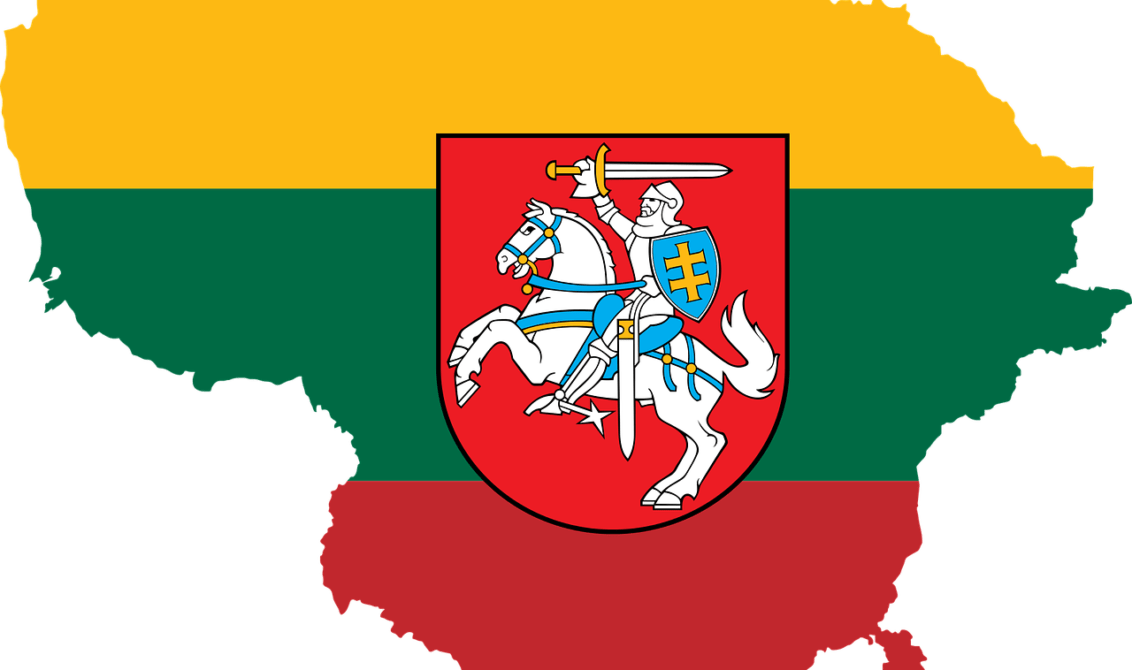
During the last decade, Lithuania has become a go-to place for business within the online finance sector for starting their operations. This is in part because the officials of Lithuania took significant steps in order to make the country appealing to foreign companies. To accomplish this, the public authorities offered not just a fintech-friendly environment and laws, but also competitive expenses and access to a broader talent pool. Even more, they offered crucial support from the officials.
Such extended law changes, alongside a surge of 200+ fintech businesses, have made Vilnius, the capital of Lithuania, the second biggest fintech capital in Europe. It’s easy to see this when you count the number of licensed companies currently running in Vilnius.
Why has Lithuania Opened its Doors to Outside Business?
The question remains: Why did Lithuania make a decision to open its doors to fintech? Their own experts point out that on the nation-wide level, the Bank of Lithuania is very much trying to become the location of innovation. However, simultaneously, it will expect these licensed businesses to complete their part of the work accordingly.
This means that the bank itself tries to approach fintech with a more open and flexible style, while still acting as a regulator whose key obligation is to make sure everything is sustainable in the finance sector and that customers are secured.
The Problems With Lithuania Fintech Scene
Although the regulatory atmosphere for fintech companies in Lithuania is easy going, we can still spot other challenges companies here face. These challenges are mostly in IT and product development. Moreover, compliance-related problems may impact different fintech businesses, depending on their business model.
However, most of these problems are in part because of the change in the regulatory sphere in the European Union. For instance, directives like PSD2 increase administrative costs on businesses.
Claim up to $26,000 per W2 Employee
- Billions of dollars in funding available
- Funds are available to U.S. Businesses NOW
- This is not a loan. These tax credits do not need to be repaid
The Pros of Lithuania Fintech Scene
For a lot of businesses around the globe, the pros of Lithuania seems to far out-weight the cons. When it comes to creating jobs and the sheer number of companies opening their shop here, Lithuania’s fintech scene will continue expanding during 2021. Even the dreaded COVID-19 crisis hasn’t stopped Lithuania’s growth.
In the next couple of years, we can expect to see even more growth in Lithuania’s online banking sector. This in turn could raise demand for SPB and other kinds of licenses. In addition, just like we saw the same in other nations over the past couple of years, the open banking approach will likely create welcomed diversity within the Lithuanian market. This will nurture new business models and emphasize more collaboration among companies within the market.
The History Behind the Rise of Lithuania’s Fintech Growth
Why today and why this country? After ending their partnership with the soviets and because of its small power, in the last 30 years, Lithuania has fostered the ability to swiftly move from market to market and innovate. Moreover, we should include excellent government efforts toward the same goal. And yet, this is only half the story.
Lithuania is one of the most bilingual and knowledgeable countries in the European Union and has the hunger for becoming a global leader in the fintech sector. Its official agency for Business Development and Foreign Direct Investment, Invest Lithuania, is working its part on easing the transition for many companies into Lithuania and helping them start properly. Their recent post spoke length on the success of the fintech sector in the nation. According to them, the majority of this success lies in the quality of people.
The People of Lithuania
Lithuania has more STEM academics per capita than any other nation in the European Union. Currently, it sports over 31,000 experts in the nation’s ICT sector. Moreover, 2,600+ of them work in the fintech sector. Even more, key players such as SEB, Danske, and Western Union had created multifunctional service-based company centers in the nation, creating plentiful professionals who’re experienced in both IT and fintech.
In addition, the country has a nicely established Global Business Services industry that contributes to a rising number of experts in the AML and Compliance, customer service, finance, and more. And its competitive talent market doesn’t stop here. More and more coding developers enter the market yearly. This only shows that the rising growth of Lithuania’s fintech sector won’t stop any time soon.
The Current Fintech Situation in Lithuania
Just in the last year, the number of fintech businesses in the nation rose to 250. This is when we include parts such as:
- Digital banking
- Personal finance
- Open banking
All of them are witnessing powerful growth. In Lithuania, experts predict that the fintech sector created more than one thousand new jobs. Moreover, newer laws and initiatives from the authorities are predicted to arrive in 2021 and could make the fintech sector even stronger and competitive. For instance, the Bank of Lithuania is now developing a brand new framework to address risks from providing digital financial services, as it strives for risk-based and almost real-time insights and supervision.
During 2020, Lithuania’s fintech sector saw growing diversification, including an enormous rise in the number of businesses that engage in online banking, lending, and identity. Although, businesses in the payment and remittance service lead the sector, and include over 80 companies.
Some of the notable fintech businesses in the country include:
- Fininbox: banking system provider
- FinBee: P2P lending platform
- Mano Bankas: online bank
- MoQ: smartphone payment platform
- NEO Finance: also a P2P lending platform
- Paysera: EMI
- Profitus: realtor crowdfunding site
- Savy: P2P digital lending marketplace



